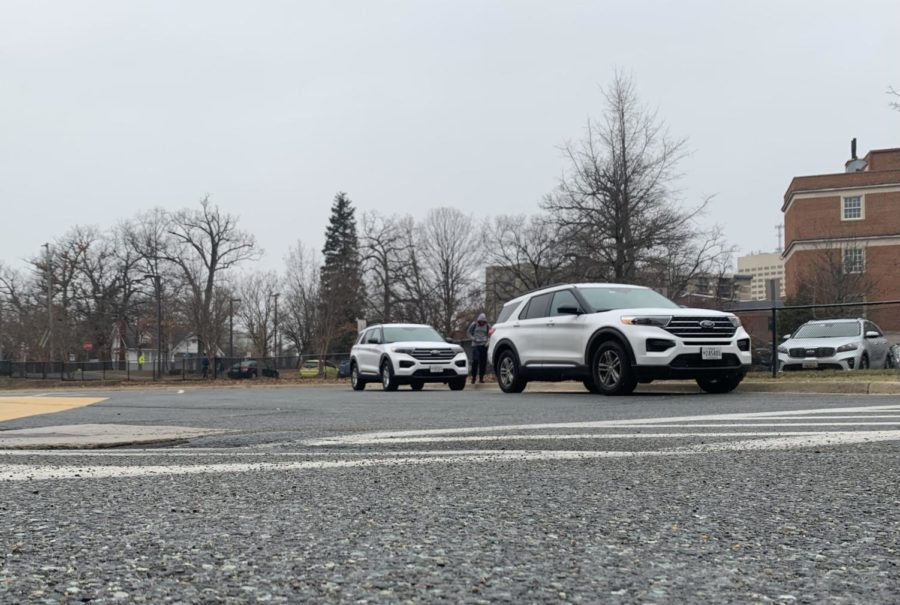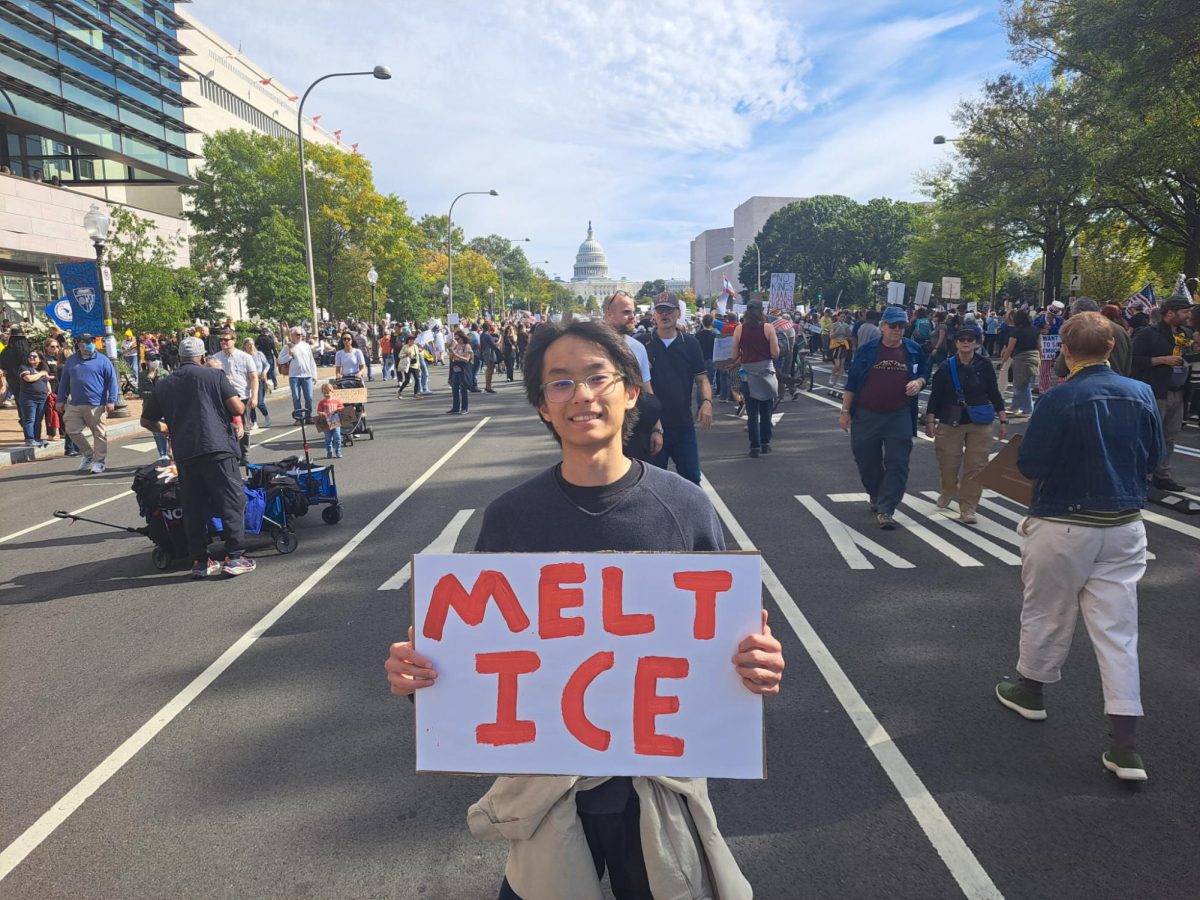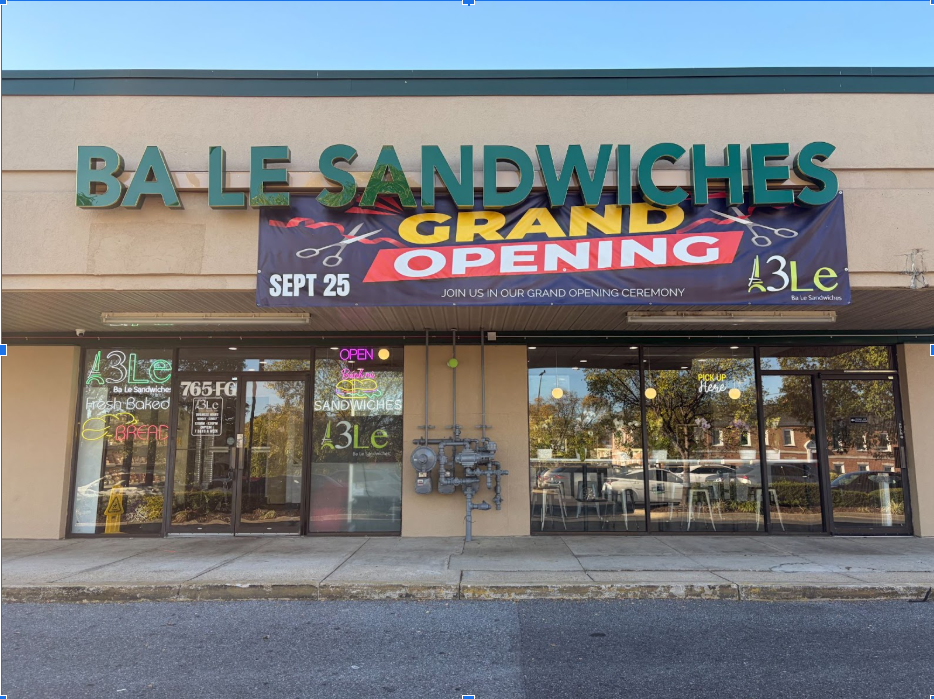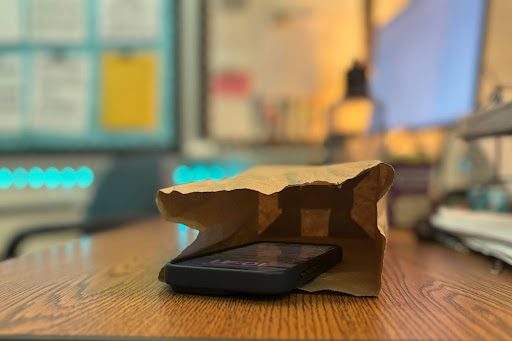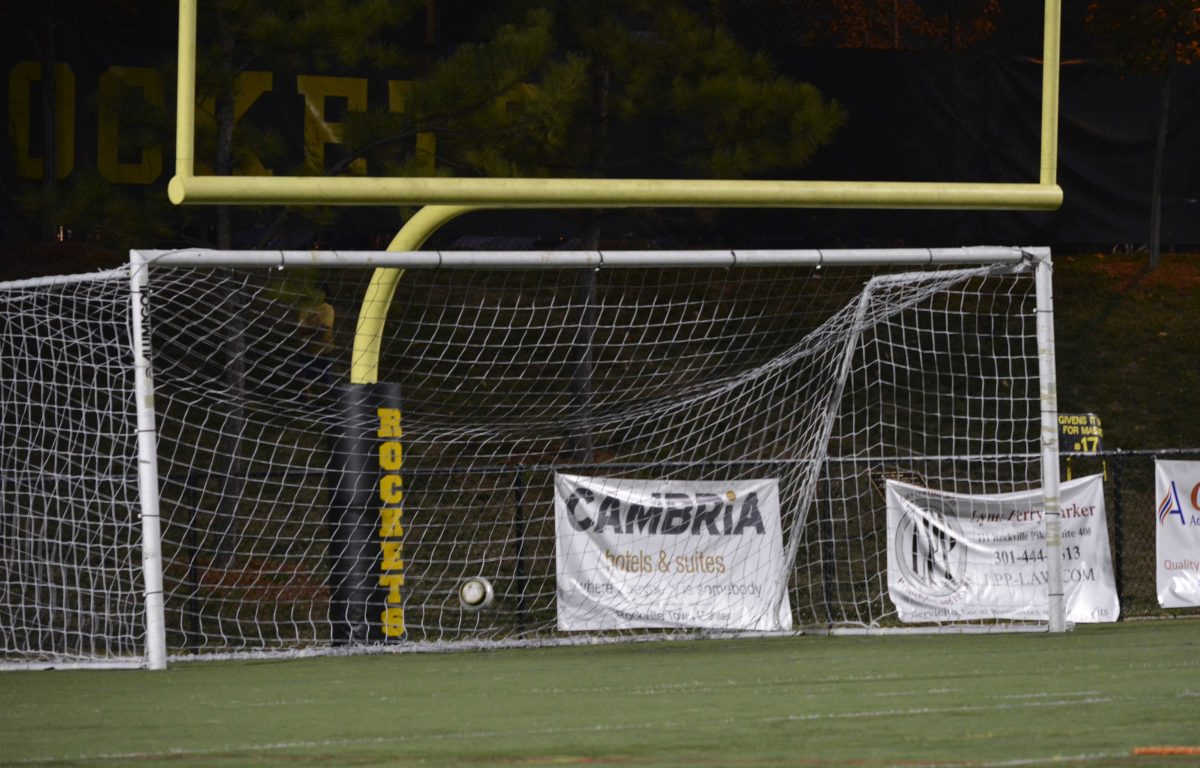During the 2024 Maryland Legislative Session, Del. Julie Palakovich Carr sponsored a piece of legislation which was eventually passed, permitting local governments to establish pilot programs—essentially a trial period—by setting up noise cameras to control noise pollution, defined as a constant high-level of noise in everyday circumstances, capable of interfering with daily activities. County residents have experienced increased stress levels due to noise pollution, potentially leading to other physical and mental health issues.
Currently, New York City is actively using noise cameras to issue tickets. Other cities such as Knoxville, Tennessee, and Miami, Florida have been in pilot programs since 2022. Maryland and its various counties may soon join the list as well. The pilot program for these noise cameras will expire on June 30, 2026, given that the General Assembly does not extend the deadline. Then, organizations will gather the data collected during this trial period and make any adjustments as needed for the full implementation of the program.
These noise cameras will be equipped with microphones that detect and measure the decibels of sound produced by cars. Maryland laws currently enforce a sound limit of 80 decibels for operating vehicles, with potential civil penalties for those who exceed it. According to the National Institute on Deafness and Other Communication Disorders (NIDCD), sound below 70 decibels is considered safe. However, frequent exposure to sounds over 85 decibels, almost as loud as those during concerts, can potentially cause hearing damage.
“Yes, I do believe loud cars are very annoying, especially when you are sleeping, as they wake you up and it is hard to go back to sleep sometimes when you are woken up in the middle of the night.” AP Statistics and Algebra 2 teacher Tony Wong said. “During the day, it is not terrible, but let’s just say you are walking down a quiet street and then you hear the loud exhaust. I do think it is annoying, and it is typically more polluting. They change the exhaust and I am sure they modify some other things in the car too. It is much more of a nuisance because you cannot turn off your hearing—it is needed for survival, and it is on all the time”
The noise cameras could also impact the Rockville community, particularly RM students.“Personally it wouldn’t affect me much as I don’t think the vehicle I’ll operate causes significantly more disturbance than average cars,” senior Richard Zhu said. “However, it would be helpful, especially in neighborhoods at night, to reduce disturbance to civilians.”
“I don’t intend to get a modified exhaust, so I guess noise cameras would not get me as much, but they might catch others,” sophomore Andrew Kuan said. “These loud cameras actually won’t have that big of a change on my experience as a pedestrian. For example, when I walk over to Rockville Pike, it’s already very loud over there, with all the cars packed together.”
Moreover, when asked about the potential effectiveness of these noise cameras, there were mixed views on it. “I think the noise cameras are a good idea in theory, but I’m not sure if they’re worth it. Yes, there are some loud drivers, but I don’t encounter them very often and it doesn’t bother me too much when they drive by,” junior Ojas Bailey said.
“I like the idea, but I’m not sure how effective these cameras will be. I mean if a car honks while driving will the cameras pick it up?” Kuan said.
“I never really see cops pull cars over and ticket those cars with loud exhausts,” Wong said. “I think these people should pay pretty heavy fines because it’s ‘look-at-me’ and ‘attention-getting’. I don’t want to give them my attention, but they are begging for the attention by having a loud exhaust.”


